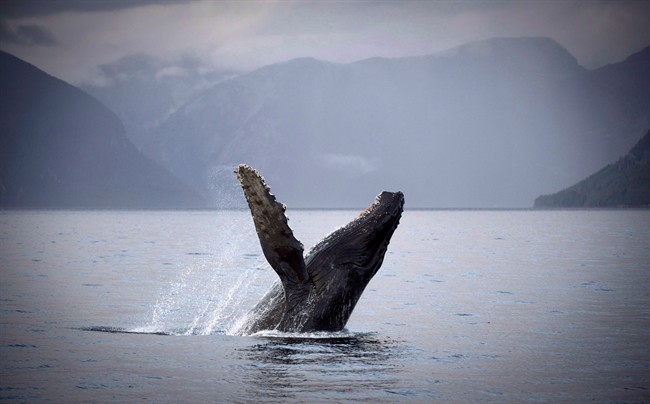It turns out that the giant animals that once roamed the land and the oceans were vital in the planet’s health and overall formation. In particular, their poop.

A new study published in the Proceedings of the National Academy of Science concluded that nutrients from their feces were transported from the depths of the ocean and spread through waterways and eventually inland and up to the mountaintops.
However, since the declines of such giants — including the whales which at one time numbered in the hundreds of thousands, rather than the thousands we have today — has resulted in the decline of this type of recycling system, something that the study’s authors feel are vital.
“This broken global cycle may weaken ecosystem health, fisheries, and agriculture,” says Joe Roman, a biologist at the University of Vermont and co-author on the new study.
The authors said that the ability of animals to transport nutrients from “hotspots” has dropped eight per cent, before the extinction of about 150 species of mammal megafauna at the end of the last ice age.
It’s probably no surprise to learn that humans have had a hand in disrupting this ecosystem balance. Whale-hunting has resulted in the loss of a particularly important nutrient — phosphorus — by more than 75 per cent.
“This once was a world that had ten times more whales; twenty times more anadromous fish, like salmon; double the number of seabirds; and ten times more large herbivores — giant sloths and mastodons and mammoths,” said Roman.
The authors also concluded that if we could re-establish whale populations, it could help increase the ocean’s ability to absorb climate warming carbon dioxide.



Comments